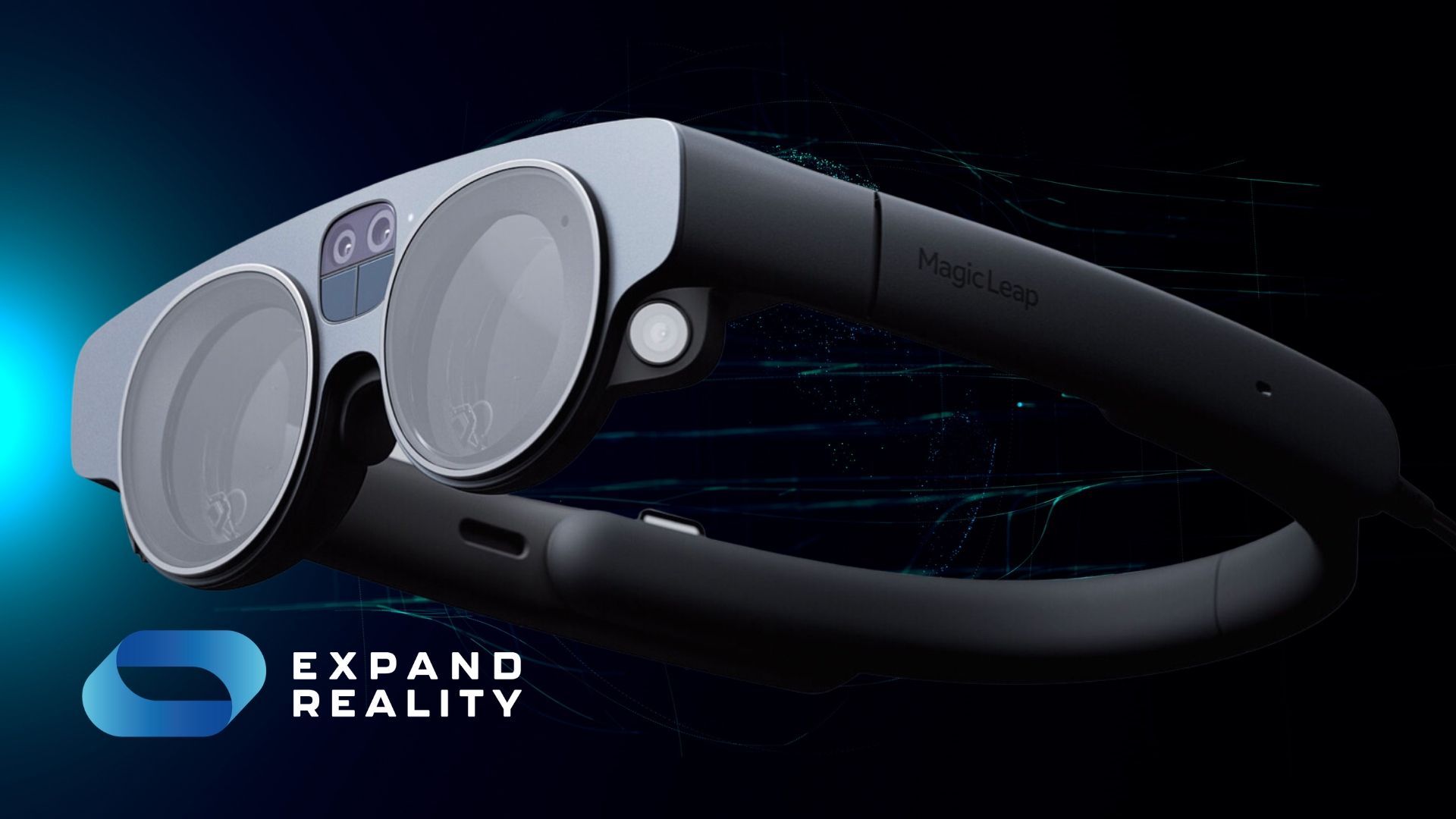hello@simplyvideo.io
4 expert takes on the future of XR
Extended reality (XR) technology is fast gaining steam. But where, exactly, is it heading? Get the answers from some of the most trusted industry experts.

Extended reality (XR) is fast becoming the new normal.
According to a
PwC study, 33% of London firms are already using augmented reality (AR) or virtual reality (VR) technologies to create new training experiences, engage customers and speed up product development, among other applications.
And with the rise of the
Metaverse and VR gaming, XR has seated itself firmly in the public consciousness too. What was once a niche and little-understood technology is now topping Christmas lists and enjoying coverage in mainstream news outlets.
XR, you've come a long way. And we couldn't be happier about it.
The question now is, where do we go from here? As XR adoption increases, how will the technology adapt to deliver new use cases and meet changing market demands?
We've turned to the experts to find out. Here's what the biggest brains in XR think the future has in store.
(Keep an ice pack handy. There might be some hot takes coming up.)
1. Tim Cook: one day, we'll wonder how we lived without AR
Apple CEO Tim Cook has long sung the praises of XR technology. Back in 2016, he was already
predicting that AR would become as routine as breakfast, lunch and dinner.
"I do think that a significant portion of the population of developed countries, and eventually all countries, will have AR experiences every day," he said. "Almost like eating three meals a day. It will become that much a part of you."
Fast-forward to 2022, and his enthusiasm was as strong as ever. In an interview with Bright, he
gushed about the potential of AR for learning and medicine – and envisioned a future where we'll "look back and think about how we once lived without AR".
However, Cook was notably less-than-enthusiastic about the Metaverse, casting it as ill-defined and little understood. "I always think it's important that people understand what something is", he remarked, "and I'm really not sure the average person can tell you what the Metaverse is".
He didn't reveal much about Apple's plans for augmented reality – Metaverse-related or otherwise – but he did suggest that AR "will go much, much further" in future than it does today.
2. Iván Markman: COVID changed the future of XR
What does the COVID-19 pandemic have to do with XR? It may have cemented its future in the consumer space, at least according to Verizon's chief business officer Iván Markman.
As he
explained in a Forbes advertorial, "consumers wanted new and differentiated content experiences amid COVID-19 while ensuring their safety, so XR was a huge value add".
Yet despite vaccine roll-outs and the return to normality, XR had made its mark on the public. "These more immersive, hybrid experiences have been normalised", said Markman, "and the expectation for them will remain".
Markman was particularly enthusiastic about consumer "try-before-you-buy" applications. Citing a Verizon study, he noted that 63% of shoppers are more likely to pay attention to products when they're advertised in an innovative way.
"With advancements in 5G connectivity, data-heavy XR shopping will become even easier to embrace, driving scale further", he added.
3. Aaron Grosky: the Metaverse will replace the internet entirely
It's amazing how quickly the internet became indispensable. In only a few years, it transformed from a niche technology to an integral facet of everyday life. In 2022,
more than five billion people used the internet – nearly two-thirds of the global population.
Will the Metaverse enjoy a similar trajectory? Dreamscape Immersive's president and COO Aaron Grosky certainly thinks so.
In a
2022 panel discussion hosted by Ericsson, Grosky described the Metaverse as "the thing that will replace the internet entirely".
It's all thanks to that magic word: immersion. By transporting users to a 3D space, he posits, the Metaverse overcomes the inherent abstraction of two-dimensionality. With that missing third dimension in place, our digital interactions will feel like an extension of our real lives.
This, Grosky believes, has huge implications for humanity: "I think the opportunities that this unlocks and creates for creators, educators and experience makers around the world is just incredible. It's the equivalent of a technological, industrial revolution".
Grosky believes that children are leading the way in embracing the Metaverse's potential – and with the success of collaborative games like Roblox and Minecraft, it's hard to argue.
His fellow panellist Anthony Batt agreed, adding that these sorts of experiences will soon become part of the corporate world.
"We're already in a sort of hybrid world now, with video screens and online meetings", he remarked. "So you can imagine a more in-depth version of that, where have a headset on and we're in an office environment".
4. Catherine Allen: XR has huge potential for cultural industries, but they have to be smart about promoting it
Catherine Allen, head of UK-based research firm Limina Interactive, sees huge potential for XR – especially as a tool for promoting engagement with creative, cultural content.
But, as she notes in a
2020 report, creators face barriers to winning over the public at large. Tech enthusiasts aside, many have never experienced XR before, so are unsure whether they'll enjoy the experience. Others simply lack the time, money or technological literacy to engage.
Allen explains: "In order to cross the technology adoption chasm and go beyond catering only for 'early adopters', VR needs to broaden its appeal and challenge […] inequalities in its production and consumption".
What's the answer? Allen recommends being smart about marketing. She suggests creating pleasurable "gateway experiences" that can ease people into the XR fold – and emphasising experiences that can be shared with others.
"One consistent finding is that, over the age of 24, people prefer to spend leisure time with others – not on their own", she explained. "This does not necessarily mean everything has to be for multiple players or involve virtual avatars; it could just mean creating a sense of event that others do at the same time, either physically or virtually."
In Allen's eyes, it all boils down to building trust and habit. "Once that foundation has been built", she promises, "a myriad of wild and wonderful digital magic awaits".
Want to explore this "digital magic" for yourself? Learn about
business use cases for XR or get a
free demonstration of XR tech from an Expand Reality expert.

Contact Us
Connect global teams. Collaborate with remote experts. Streamline processes and unlock cost savings with industry-ready extended reality technology.
Contact Info
hello@expandreality.io
Gemini Business Park
Sheepscar Way
Leeds
LS7 3JB
All Rights Reserved | Expand Reality







